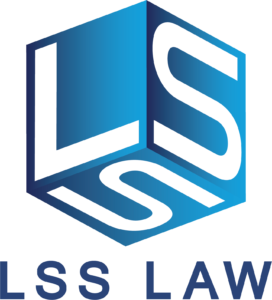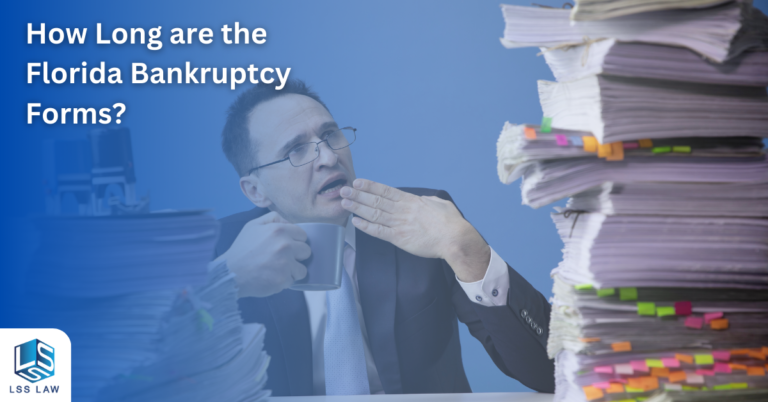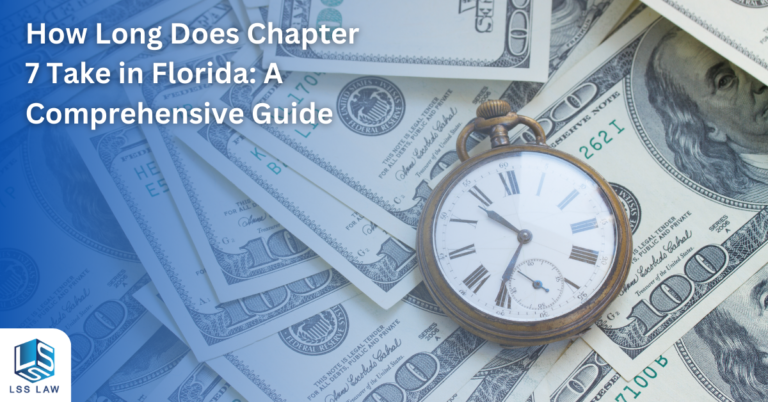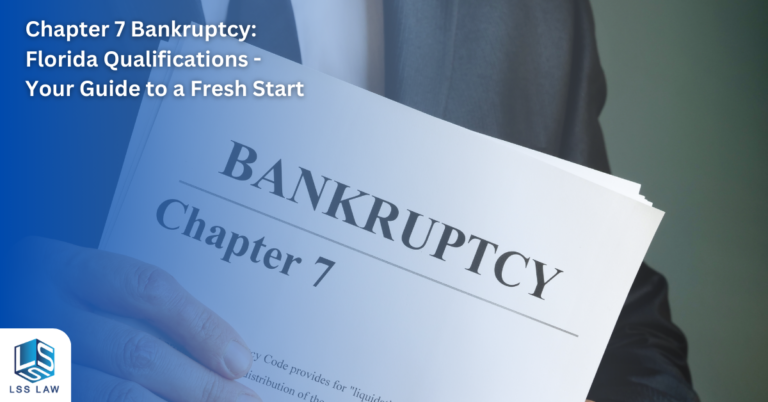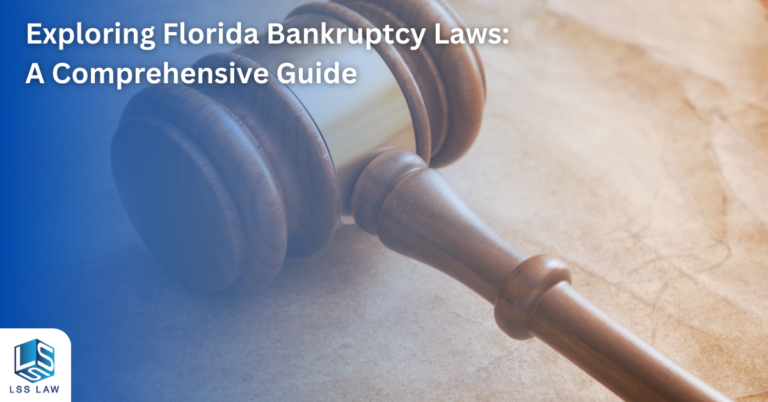One of the primary goals of filing a bankruptcy case is to obtain a discharge of your debt. When the bankruptcy court enters your discharge order, it means that you are no longer legally liable to pay the majority (or possibly all) of the debts included in your bankruptcy filing. In essence, the discharged debt is eliminated! In many cases, this saves debtors thousands (or even hundreds of thousands) of dollars. This dramatic relief from debt is the reason bankruptcy is commonly referred to as giving you a financial “fresh start.”
When an individual files a Chapter 7, Chapter 11, or Chapter 13, the bankruptcy court requires full financial disclosure. This means that you must disclose all of your debts, creditors, income, expenses, and other financial information. You must list the debt in your filings in order for it to be discharged. The court uses your list of creditors referred to as the “creditor matrix” to notify your creditors of your bankruptcy filing. All parties that receive notice of your bankruptcy filing will be bound by the discharge order (as it applies to their type of debt when it is entered by the court.
Once the discharge order is entered by the court, creditors are prohibited from trying to collect the discharged debt. In fact, creditors of discharged debt cannot send demand letters, call you on the telephone, file lawsuits or pursue any other types of collection activity against you. If a creditor ignores the discharge order and continues collection efforts of a discharged debt, you can seek damages against that creditor in court.
Please keep in mind that every case is different. If you have questions about filing personal bankruptcy or how a discharge of debt benefits you and would like to schedule a no-cost consultation, please contact our office by completing the form on this website or calling us at 954-466-0541.
